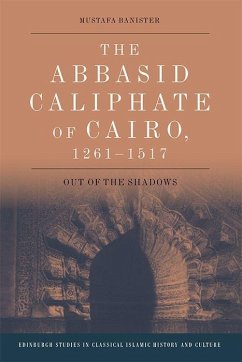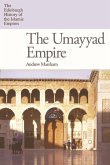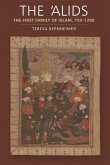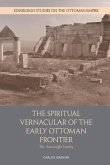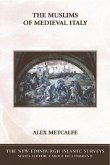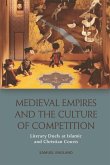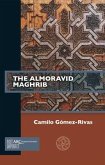Explores and analyses the Abbasid Caliphate as it was re-imagined in late medieval Cairo This book presents a thorough investigation of a forgotten dynasty: the Cairene descendants of the Abbasid family. It uncovers the public and private lives of the eighteen men invested as caliphs during the period of 'Mamluk' rule in Egypt and Syria (1250-1517) and reveals a nuanced understanding of the Abbasid Caliphate according to elite members of Syro-Egyptian society. In doing so, it addresses the function of the caliph and his office amidst the breakdown and recreation of each new socio-political order of the sultanate. The uniquely Cairene context of the idea and institution of the caliphate is examined, including the ways in which it was socially and textually performed in the late medieval sultanate of Cairo. Key Features Provides the first and only complete historical treatment of the Abbasid dynasty in late medieval Cairo Presents different types of source material - jurisprudential, historiographical and documentary - which speak about topics in turn, resulting in a highly nuanced image of the Abbasid Caliphate of Cairo Includes multiple passages of previously unpublished material in translation including biographical literature, investiture documents and epigraphical evidence Explores a variety of textual dimensions of the Abbasid Caliphate of Cairo based on narrative, prescriptive and documentary sources Mustafa Banister is a post-doctoral researcher at Ghent University, Belgium

